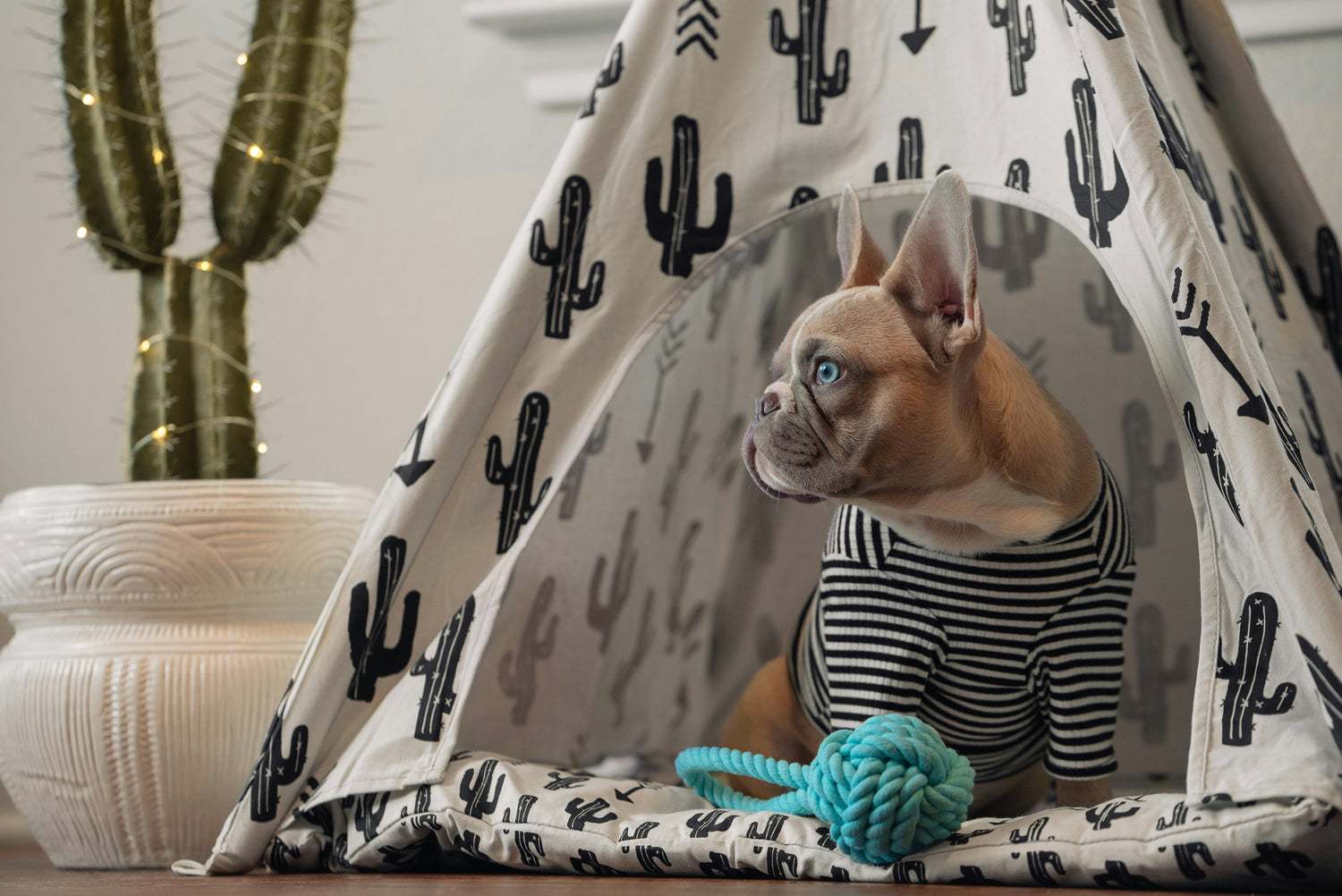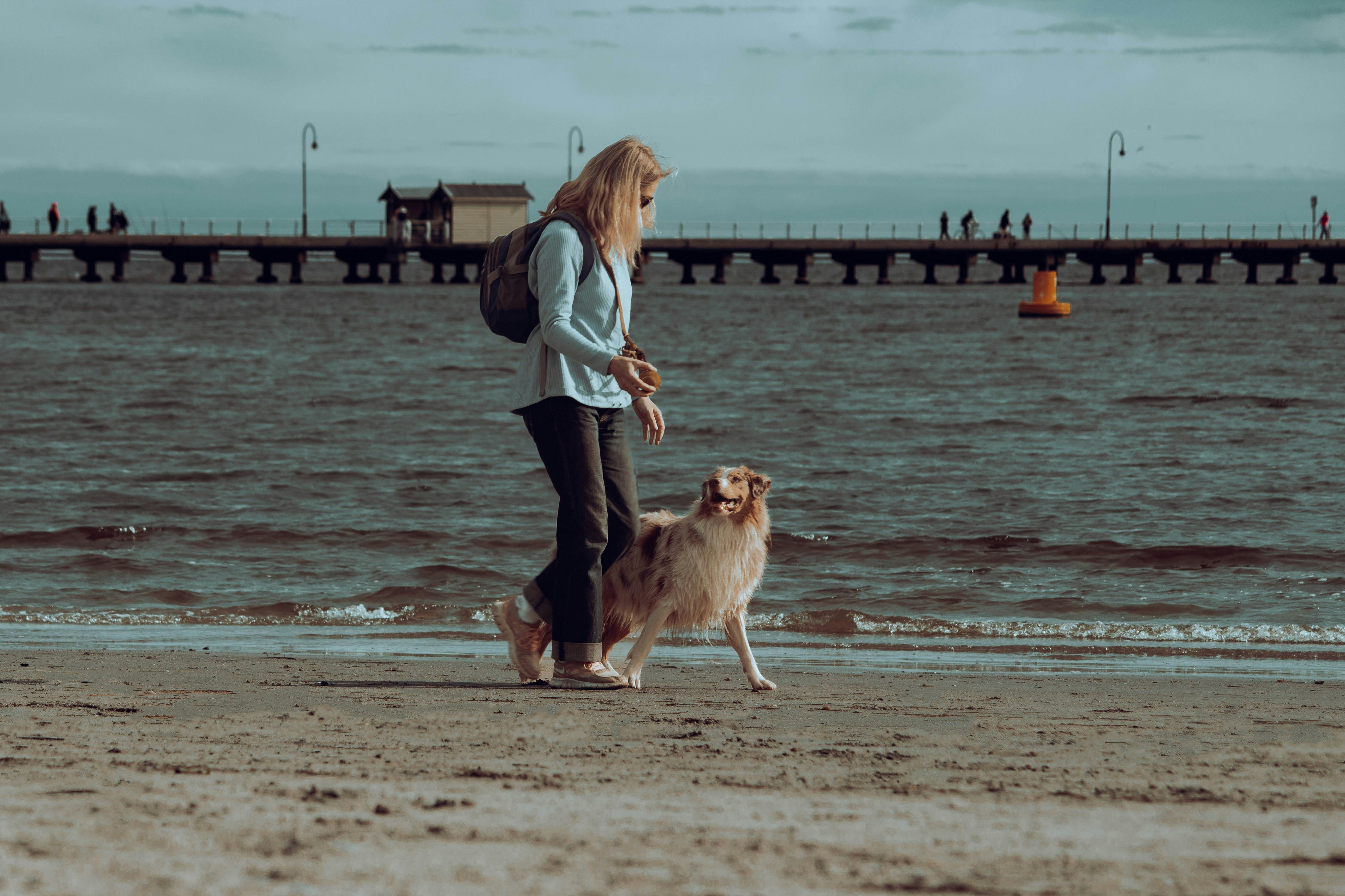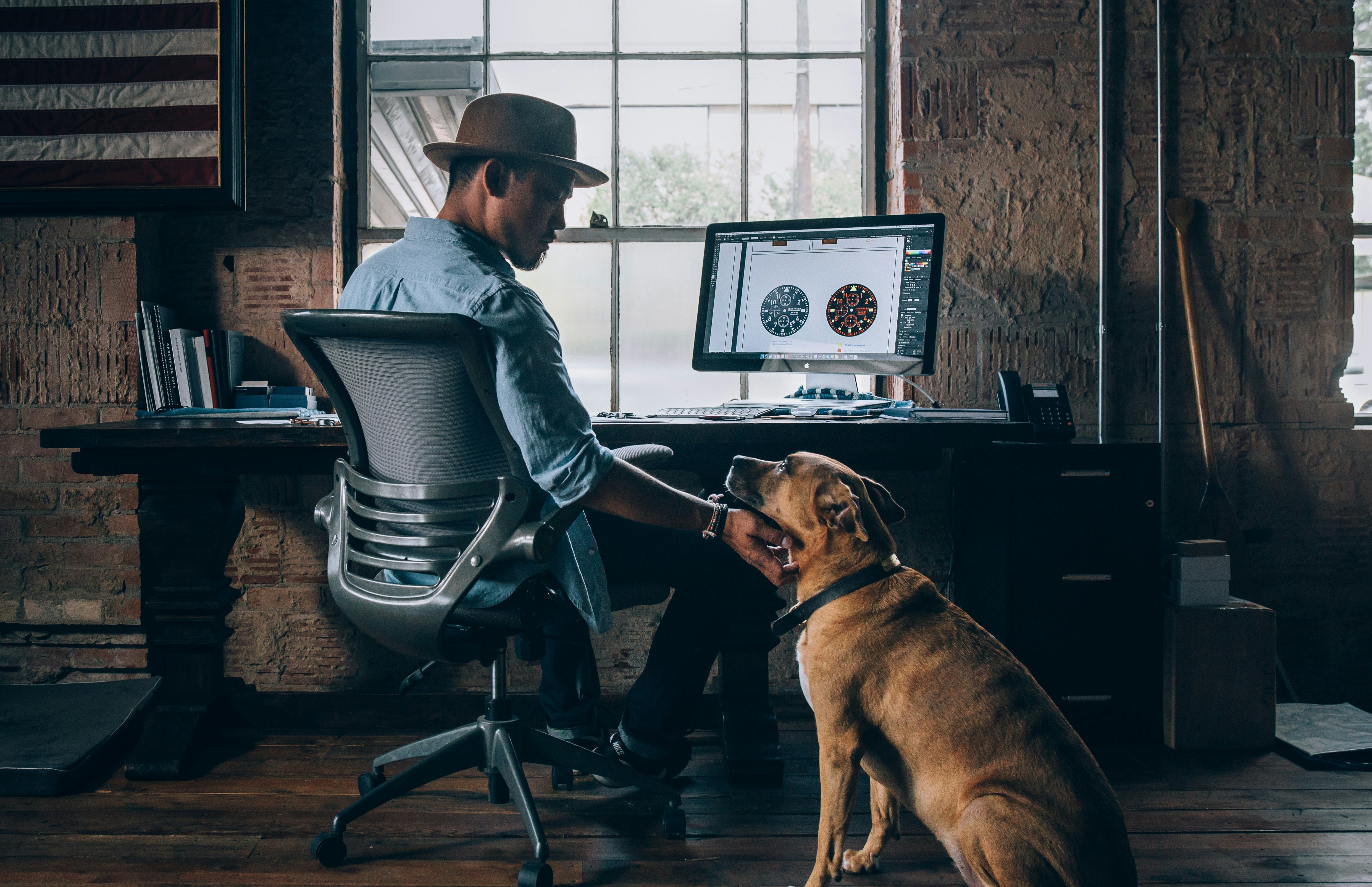Just when you thought dealing with pet waste couldn’t get any worse, you’re confronted with an abnormal mess tied to diarrhea, constipation, or even worms. But have you ever encountered blue dog poop?
Blue dog poop is a concerning symptom that often indicates a serious health issue. It's important to seek veterinary attention immediately if you notice this unusual color in your dog's stool.
Understanding the Causes Behind Blue Dog Poop
The most common cause of blue dog poop is the ingestion of blue-colored substances. This can include blue-colored food, as some dog treats or supplements can contain blue dyes. In some cases, your furry friend may have chewed on some blue toys excessively and ingested some small pieces, which can result in blue dog poop.
In rare cases, the cause could be water contaminated with blue dye or other ingredients containing blue dye. However, the most concerning cause of blue dog poop is rodenticides. Many rodenticides contain blue-colored dyes, making it easier to identify if a dog has ingested them.
Symptoms of Rodenticide Poisoning
In addition to blue-tinged stool, rodenticide poisoning may cause lethargy, when your dog appears unusually tired or inactive, or a loss of appetite, making them refuse to eat or drink. These symptoms can be accompanied by vomiting, nausea, discomfort, and watery or bloody diarrhea.
Your dog may also pant excessively or struggle to catch their breath. Other symptoms of your pup ingesting rat poison can be bleeding gums or nosebleeds, which are signs of internal bleeding, and your dog’s muscles may become weak or twitch uncontrollably.
Seeking Care for Blue Dog Poop
Reaching Out to a Veterinarian
If you notice blue dog poop or any of the associated symptoms, it's crucial to contact your veterinarian immediately. Early diagnosis and treatment are essential for a positive outcome. Be prepared to give your veterinarian as much information as possible about your dog's symptoms, including when you first noticed the blue poop, any other changes in your dog’s behavior or health, and if you suspect your pup may have ingested something.
Examination
Your veterinarian will conduct a physical examination to assess your dog's overall health and look for any signs of illness. Depending on the symptoms and your veterinarian's assessment, they may recommend blood tests to check for organ function and rule out other underlying health conditions. The vet may recommend x-rays to examine the digestive system and look for any foreign objects or obstructions, or fecal tests to check for parasites or other intestinal issues.
Treatment
Based on the diagnosis, your veterinarian will develop a treatment plan tailored to your dog's specific needs. This may involve medication to address any underlying health conditions or to counteract the effects of the poison. It might involve supportive care to help your furry friend recover and maintain their strength.
If your dog has ingested rodenticides, immediate medical attention will be necessary. The veterinarian may induce vomiting, administer activated charcoal to absorb the poison, or provide other supportive treatments.
In severe cases, your dog may require hospitalization for intensive monitoring and treatment. Even after your dog's initial treatment, it's important to follow your veterinarian's instructions for follow-up care. This may include regular check-ups and additional medications.
Blue Poop Prevention
To prevent your dog from ingesting harmful substances, keep an eye on your dog’s activities, especially when they’re outside. Make sure you always store rodenticides in a safe and out-of-reach location. Opt for durable, non-toxic toys that are appropriate for your dog’s size and chewing habits. Finally, make sure that your dog has access to fresh and clean water at all times.
Prioritize Your Pet's Health with PawPail
Blue dog poop is a serious issue that requires immediate veterinary attention. While the causes can range from harmless to life-threatening, it's essential to act quickly to protect your furry friend.
To ensure your dog's well-being and prevent future incidents, consider using a PawPail pet waste station. These innovative products offer a convenient and hygienic solution for dog waste disposal, helping to reduce odors and protect your pet's health. By choosing PawPail, you're making a responsible choice for your dog while contributing to a cleaner and healthier environment for the whole family.



